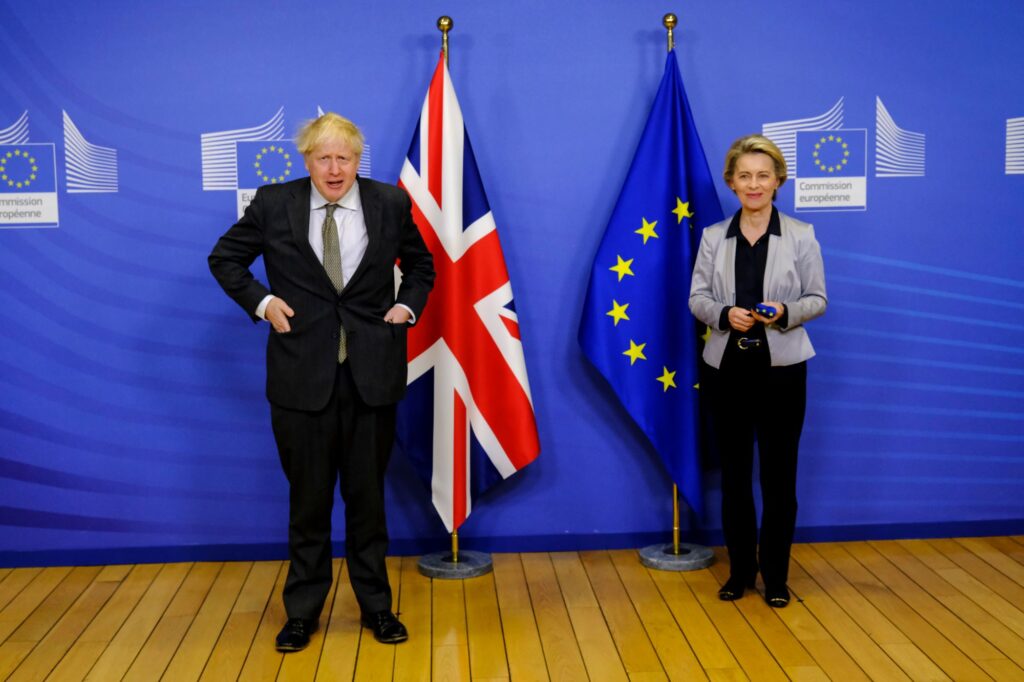
The long-awaited general election is finally here.
It’s hard to believe how much the political landscape has changed in the five years since the last election. Boris Johnson was elected on a pledge to ‘get Brexit done’ and ‘level up’, with huge swathes of historic Labour areas in the North and Midlands turning blue for the first time. No doubt Brexit was a significant factor for many, but clearly Johnson’s promise to invest in economically deprived ‘left behind’ areas struck a chord with voters.
Those promises have, to a large extent, been forgotten by the current government.
The way in which the Conservatives say they will fund Sunak’s National Service plan has been the nail in the levelling up coffin.
National Service, if ever implemented, would be financed by cutting down on tax evasion (always promised but rarely actually achieved by chancellors in office) and, more importantly, by redirecting promised capital from the UK Shared Prosperity Fund (UKSPF), a multi-billion pound programme established following the UK’s departure from the EU.
This was set up to replace the EU’s regional economic development programmes, allowing mayors and local authorities to fund projects focused on three key themes: communities and place, supporting local business, and people and skills.
Cutting hundreds of grassroots and university-run projects, many of which help people into work, in order to fund the National Service is a huge step in the wrong direction.
- Read more: Harry Pearson – ‘If you didn’t laugh, you’d cry’
- Read more: Why are organisational cover ups so common?
If the Conservatives’ plan were to go ahead, the North of England from 2028-29 would lose £376 million annually from UKSPF, according to IFS analysis for 2024-25 funding allocations — the North East & Tees Valley missing out on £106 million of this. For a region which was left behind following de-industrialisation, this would see the region lose considerable regeneration firepower.
As one of the most regionally imbalanced countries in Europe, parts of the UK — especially the North East — had relied on EU structural funding, aimed at raising productivity and addressing entrenched inequalities.
The 2019 Conservative manifesto promised voters that EU funding would be protected post-Brexit: “not only [would UKSPF] be better targeted at the UK’s specific needs, but, at a minimum, match the size of those funds in each nation.”
Areas which voted leave on the basis of a better offer are still waiting for those promises to be fulfilled.

Previous analysis from the Northern Powerhouse Partnership found that the North of England alone was already losing out over £600 million over this and the last two years in development funds compared to before Brexit — a 34% cut — due to a slow ramp up of funds to pre-Brexit levels
The Government is now spending less on regional economic development than under the Cameron and May governments — and now they are prepared to reduce it further.
Although smaller than promised, the UKSPF has still helped finance thousands of vital projects and investments across the country, specifically in the North.
One programme which North East leaders protected, the Northern Accelerator, run with our universities, is an incredible example of what can be achieved. At NETPark, I visited Magnitude Biosciences which is an incredible spin out from Durham University with huge potential.
I met its founder Dr David Weinkove and his team, which included a Phd student whose placement was funded through EU structural funds. It was a choice to keep this going for future spin outs, to turn world class research into growth in the wider economy. This is also true in other North East universities, including Newcastle. There are businesses set up at Helix that wouldn’t be there otherwise.

Others haven’t been so lucky in being able to keep delivering for the region and local communities. Many important projects supporting young people into employment were cut. The Prime Minister cited how national service would help the next generation looking for their first start in the labour market. But he forgets it is his own government which has taken away much of the funding which allowed that work in this region. Funding opportunities for those from more prosperous areas inevitably means a cut to those offered here.
Politicians ignore the North at their peril, particularly as the government is defending so many seats here. And from a longer term policy perspective, we’re paying a high price for the Northern economy’s continued underperformance. Lower productivity, lower wages, and lower tax revenue means less money to spend on key infrastructure and public services.
It’s been 10 years since George Osborne promised a Northern Powerhouse but very few of the Chancellors or Prime Ministers that have followed have matched that ambition.
And now, especially with Michael Gove standing down, the Conservatives risk leaving an open goal for Labour to win big by stealing a march on Levelling Up.
The editor of the Conservative news website ConHome highlighted this week that candidates want to point to the positive benefits a policy could bring. The national service announcement has had the opposite effect, with opponents pointing to the risks posed to individual projects and organisations funded by the Shared Prosperity Fund.
We all knew the current Prime Minister wasn’t necessarily a natural when it came to politics. Dropping levelling up could cost him and his colleagues in this region dear.











